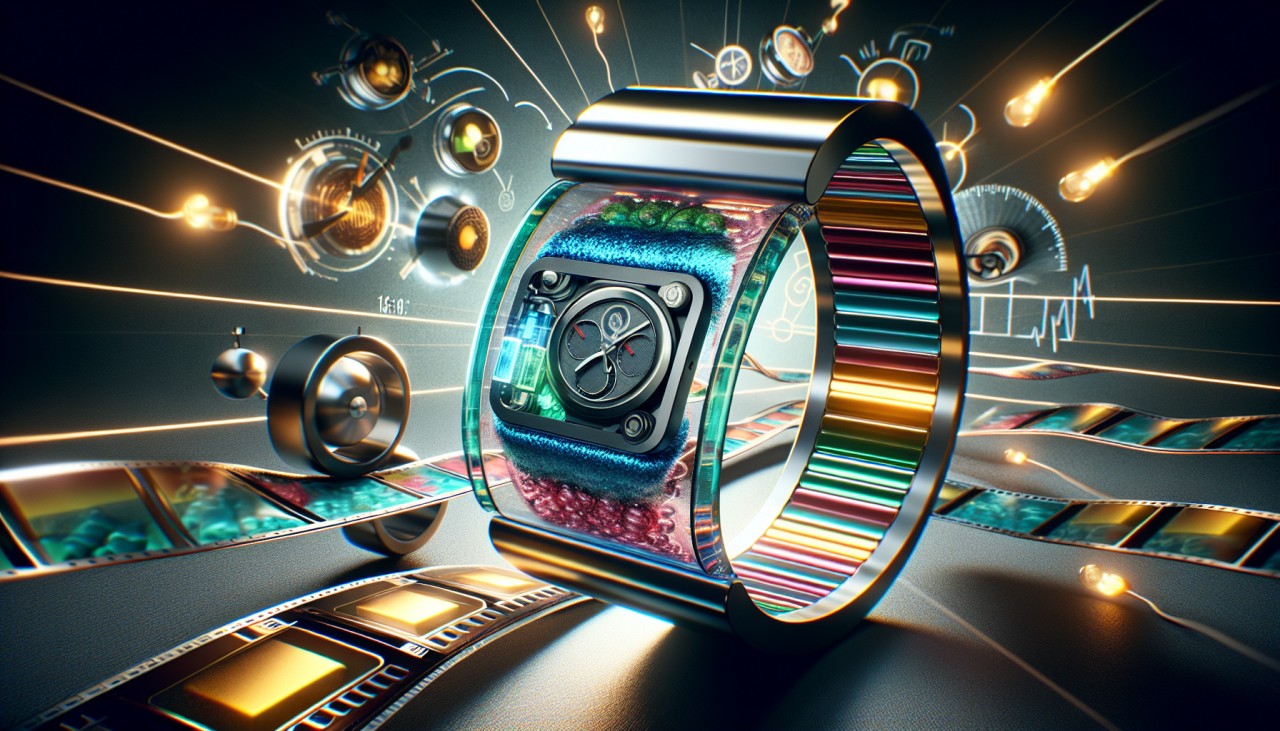Recent developments in battery technology are steering the industry toward more sustainable and efficient energy storage solutions. Researchers have introduced a novel stretchable, flexible, and self-healing hydrogel-based lithium-ion battery that addresses common issues such as moisture penetration and toxicity. This innovative battery utilizes a fluorine-free lithium salt and water-based electrolyte, making it safer, nonflammable, and environmentally friendly. Despite its flexibility, the battery maintains functionality with 19% water content under 50% relative humidity and retains about 90% of its capacity after being cut or physically damaged. It also remains operational over 500 charge-discharge cycles in a month. Although its energy density (50-150 Wh/kg) is lower than conventional counterparts (200-300 Wh/kg), its flexibility and resilience make it ideal for next-generation electronics like smart clothing, biosensors, and wearable fitness devices. The research was published in the April 9 issue of Science Advances. livescience.com
In parallel, advancements in sodium-ion battery technology are offering promising alternatives to traditional lithium-ion batteries. Sodium-ion batteries (SIBs) are gaining traction due to their potential for cost-effective energy storage with a lower environmental impact. They require fewer critical minerals compared to lithium-ion batteries, reducing dependence on scarce resources. SIBs can also use aluminum anode collectors instead of copper, which lithium-ion batteries require. Companies like CATL have begun mass production of SIBs, and in February 2023, the Chinese HiNA Battery Technology Company, Ltd. placed a 140 Wh/kg sodium-ion battery in an electric test car for the first time. This development signifies a significant step toward the commercialization of sodium-ion batteries in electric vehicles. en.wikipedia.org
Key Takeaways
- Hydrogel-based lithium-ion batteries offer flexibility and self-healing properties.
- Sodium-ion batteries are emerging as cost-effective and environmentally friendly alternatives.
- Advancements in battery technology are driving the shift toward sustainable energy storage solutions.
